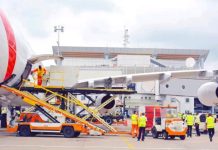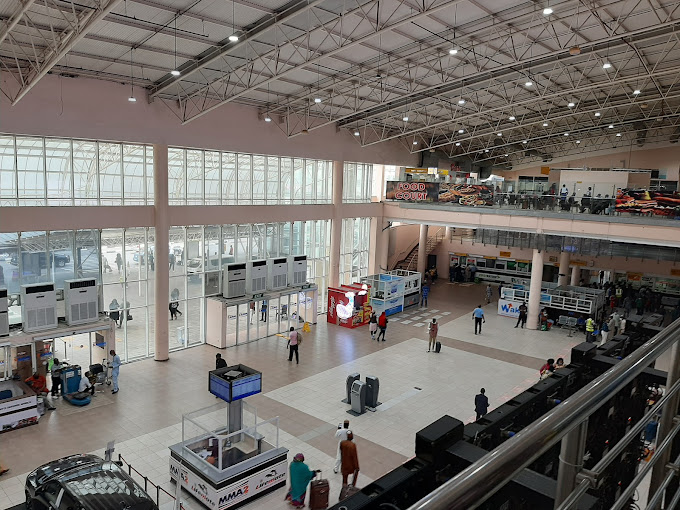Nigerian airlines are calling on the federal government to address the critical issues of multiple taxation and the high foreign exchange rate, which are significantly driving up air travel costs. Professor Obiora Okonkwo, Chairman of United Nigeria Airlines and spokesperson for the Airlines Operators of Nigeria (AON), has emphasized the urgent need for government intervention to make air travel more affordable for Nigerians.
Okonkwo highlighted that airlines in Nigeria face over 20 different taxes on each ticket, many of which are redundant. These taxes, combined with the high forex rate of N1,605 to $1, are severely impacting the aviation industry. Airlines are compelled to purchase spare parts and maintenance services in dollars, even when the prices of these items have not increased internationally. This situation places a substantial financial burden on airlines, leading to higher ticket prices for passengers.
Speaking on Arise TV, Okonkwo expressed concern that the federal government is generating significant revenue from the aviation sector without reinvesting in the necessary infrastructure and support. He stressed the importance of creating an enabling environment for the aviation sector, which includes access to single-digit interest capital and the reduction of excessive charges and taxes. Without these measures, the cost of air travel in Nigeria will continue to rise, making it less accessible to the average citizen.
Okonkwo also pointed out that Nigeria’s Civil Aviation Authority (NCAA) is one of the largest revenue contributors to the government, largely due to the profits that could have been reinvested by the airlines. This, he argues, is unsustainable for the industry and hampers the growth of aviation services in the country. He called for a comprehensive review of the tax structure to eliminate redundant taxes and reduce the financial strain on airlines.
Despite these challenges, Okonkwo praised the resilience of domestic operators who continue to navigate the tough operating environment. He noted that their determination and patriotism have kept the industry afloat, even in the face of significant adversities. He also commended the NCAA for maintaining high safety standards, asserting that Nigeria boasts one of the strongest aviation regulatory frameworks and best safety records globally.
The call for government action underscores the critical need for a supportive regulatory and financial environment to ensure the sustainability and growth of Nigeria’s aviation sector. Addressing these issues will not only make air travel more affordable for Nigerians but also contribute to the broader economic development of the country.













